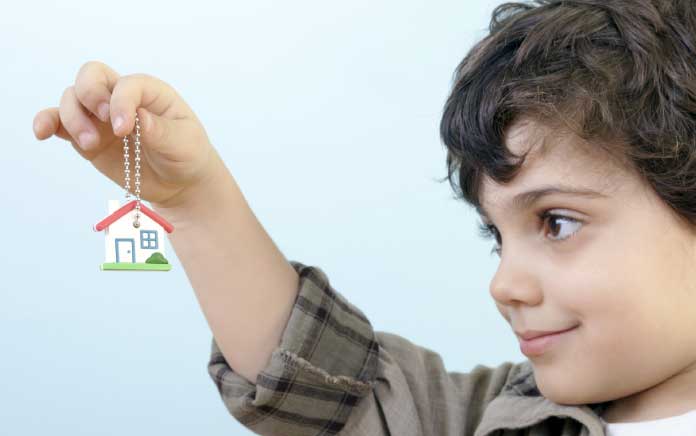Has your child ever had a meltdown right after school? Ouiam El Hassani explores why it happens and how to deal with them?
We know that after-school meltdowns are a real thing. After a long day of school, it can be hard for kids to hold it together. They may melt down or have an emotional outburst, and sometimes – especially with young children who attend preschool – there is one particular emotion – Anger. A lot of times, this anger is directed at mum and dad.
Sometimes, the child who was happy (and definitely happy to see you) when you fetched them from their classroom can seem downright mad at you, by the time you’ve made it home.
For mamas who have been missing their little one all day, being pushed away can sting a bit, but this especially frustrating and personal form of after-school restraint collapse is totally normal, and actually a sign that your child really does love you a lot.
 Any parent who has been through it knows how real it feels. It’s a subconscious thing, they don’t even know they’re doing it but it’s very real. They defensively detach from you by being angry at you, and shoving you away, and may call you names, and while it’s often loud, intense, and inconvenient, parents should try looking at these displays of defensive detachment as a gift. Our children don’t have the words to tell us what they are thinking and feeling, but this behavior can help us figure out what they need.
Any parent who has been through it knows how real it feels. It’s a subconscious thing, they don’t even know they’re doing it but it’s very real. They defensively detach from you by being angry at you, and shoving you away, and may call you names, and while it’s often loud, intense, and inconvenient, parents should try looking at these displays of defensive detachment as a gift. Our children don’t have the words to tell us what they are thinking and feeling, but this behavior can help us figure out what they need.
In other words, let’s imagine how you feel after temporarily losing sight of your child in a public space, like a supermarket. When you are reunited with your child – after a separation you were not in control of – you often hug them, kiss them, hold them, but then, that relief can turn into frustration and anger. When your child is having defensive detachment meltdowns after school, that’s how they’re feeling: Relieved to see you, but frustrated at having been separated and over their lack of control.
Instead of suppressing a display of defensive detachment, there are healthy ways parents can soften the intensity of the separation, and give kids room to be loud and intense when they need to be. Parents can start their defense against defensive detachment meltdowns in the morning.
Try and set your alarm, for maybe 15 minutes earlier every day, so that you have a bit of time to actually connect with your child and really fill up their connection cup before you send them to school. Spending this extra time together in the morning can help ease the child into the separation of the school day while feeling more strongly attached to their parent. Let them know you are connected even when you are not together.
There are two amazing and very helpful books that you and your child can read together: The Kissing Hand (about a young raccoon leaving his mother to start school in the forest) and The Invisible String (about a mother who tells her children they are connected by an invisible string). A child may feel more connected if they have their own “kissing hand” or “invisible string” at school with them. Send a piece of you with them to school: a photo, a necklace, keychain etc.
 Let them let it out: Sometimes, all the quality time in the morning and all the loving reminders from home can’t totally prevent a child’s day away from you from being hard. If you sense a defensive detachment meltdown is coming on after pick up, it’s best to take control of it by inviting it. I’m sure you weren’t expecting that!
Let them let it out: Sometimes, all the quality time in the morning and all the loving reminders from home can’t totally prevent a child’s day away from you from being hard. If you sense a defensive detachment meltdown is coming on after pick up, it’s best to take control of it by inviting it. I’m sure you weren’t expecting that!
By taking a proactive approach and literally asking for the meltdown to happen, parents can speak to their children while their child can still understand them. If we wait until they’re freaking out to take control, we can’t. So, before your child loses the ability to hear you, let them know that you hear them. You hear that they need to release their emotions in a loud, intense and inconvenient way, and you are okay with it. Pull the car over or clear a space in the living room and just let those loud, flailing emotions come out. There should be no shaming, no blaming, no consequences, no punishing of any kind.
If you are dealing with defensive detachment meltdowns right now, remember that even if your child isn’t showing it, they do love you, mama. More than they can ever say.


































